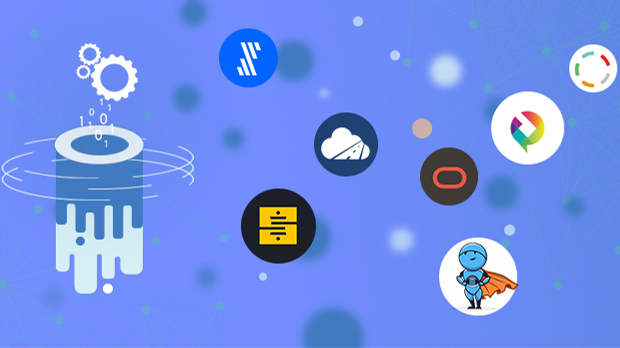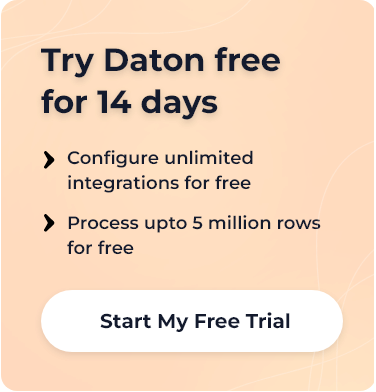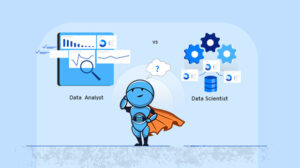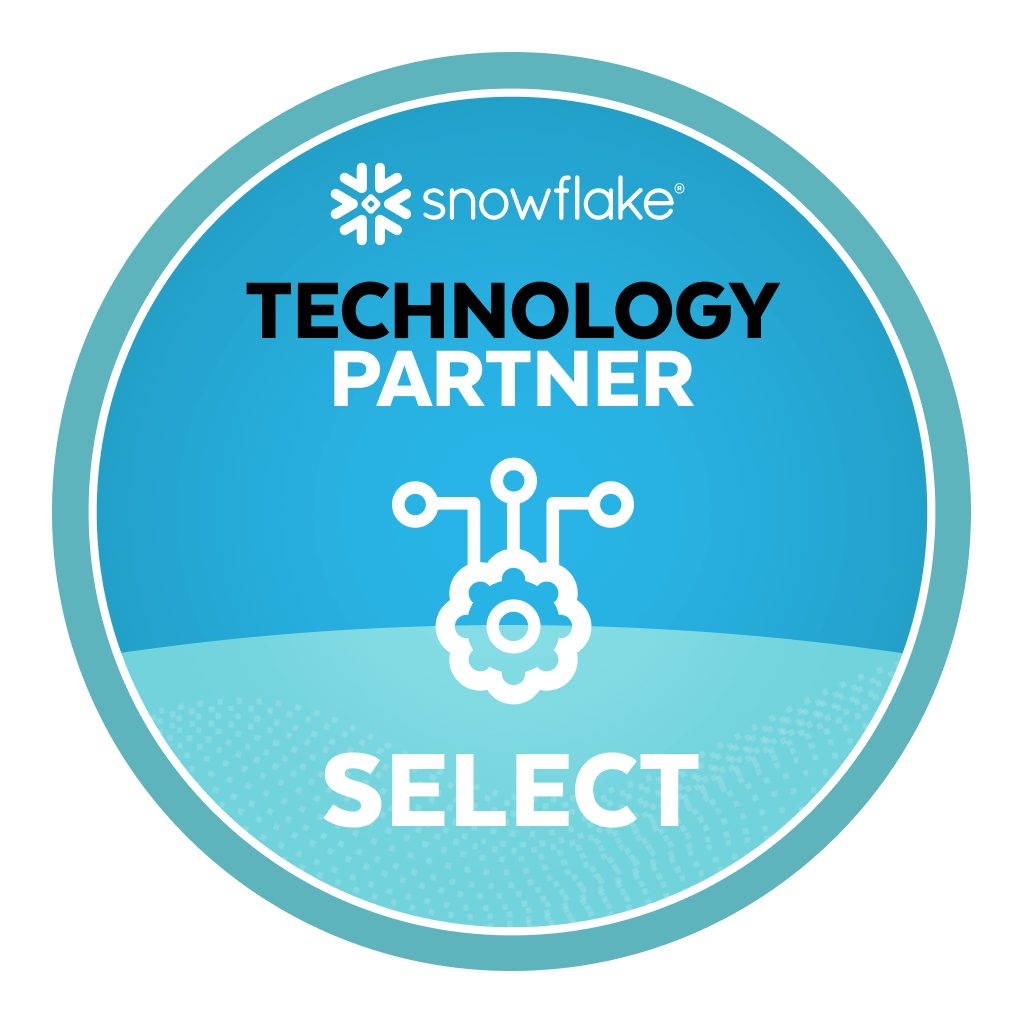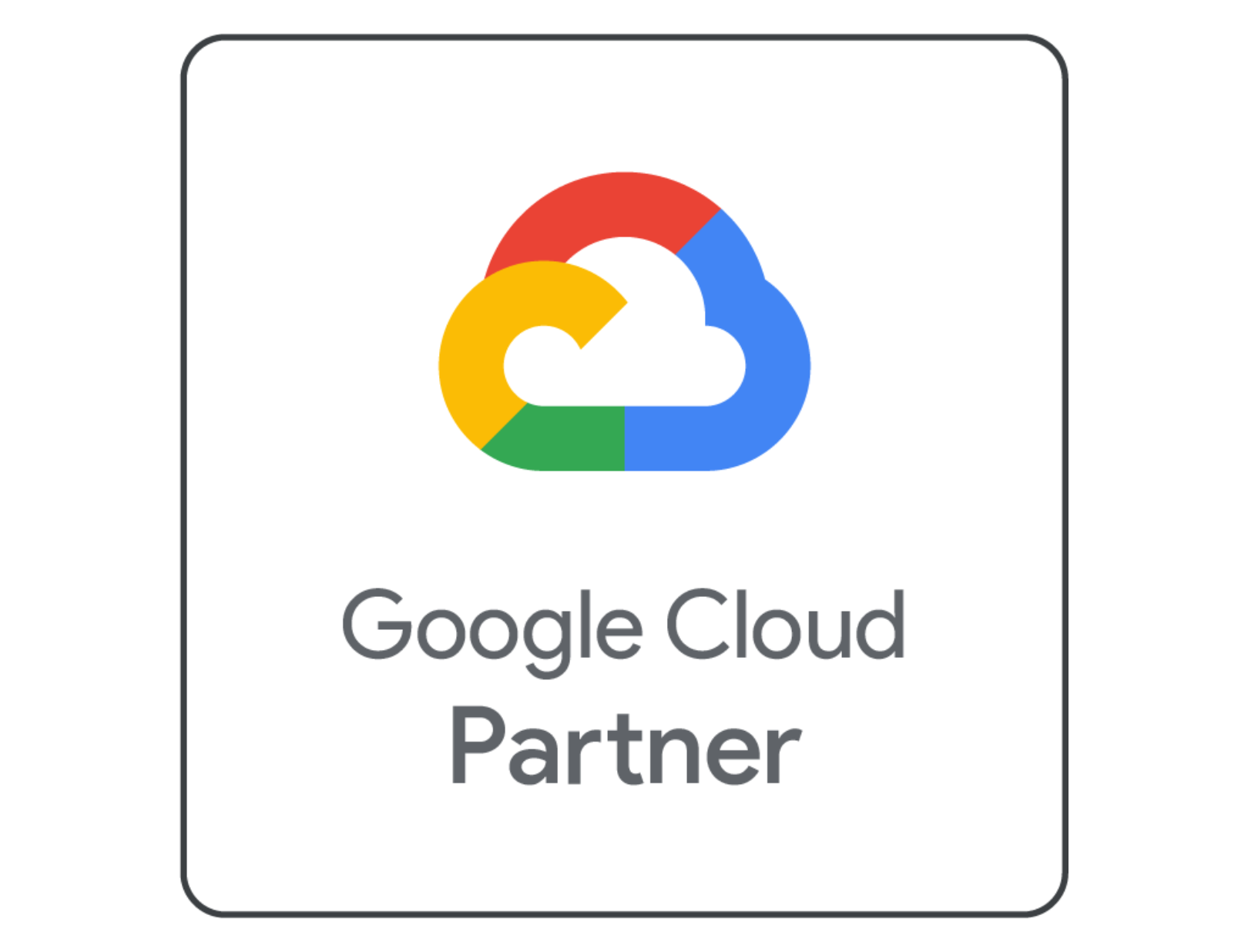Data integration essentially involves channeling enterprise data from various sources into one place. Data Integration Platforms and tools are focussed to provide a harmonized view of the data for querying and in-depth analytics business intelligence, and reporting. Integrating data through cloud integration tools means bringing together disparate data sets to form a unified whole. The process entails collecting information from numerous resources, processing it to make it consistent and compatible, and finally storing it in a centralized database.
Many different types of business tasks, such as decision-making, analysis, reporting, and others, rely on integrated data. This can be a difficult task, especially if the data comes from a wide variety of sources and requires extensive transformation.
ETL tools, data integration platforms, and data integration middleware are just a few of the many technologies and techniques available for integrating data. Tools and technology like these make it simpler to consolidate data from various sources and facilitate automated data gathering, cleansing, and transformation bringing together data from many sources.
ETL: What Is It
In computing, these three steps are known as “ETL.” Extraction, transformation, and loading (ETL) are all steps in the ETL process, which is used in data warehousing and business intelligence to collect data from diverse sources, prepare it for analysis and reporting, and then store it in a data warehouse or other repository.
During the Extract stage, information is gathered from various resources like APIs, text files, and databases. The data is cleaned, standardized, combined with additional data sources, and subjected to any necessary computations or transformations during the Transform step. The converted data is loaded during the Load step into the desired data repository.
Enterprise data integration platforms are used to make it easier for analysts and business users to access and analyses data from many sources and to ensure that the data is consistent, correct, and up to date. Supporting business intelligence and data analytics initiatives, ETL tools and technologies are widely utilized in sectors including retail, banking, and healthcare.
Specialized ETL software or platforms provide a number of features and capabilities to facilitate the process of extracting, converting, and loading data from a variety of sources. In addition to scheduling and automation functionality, these solutions may also contain interfaces for other data sources.
ETL’s Function in Data Integration
With the use of ETL procedures, businesses can combine information from numerous databases and file types for further analysis and usage in areas like reporting, analytics, and business intelligence.
ETL is essential in the context of data integration because it allows businesses to build a unified view of data from many sources. ETL aids organizations in bringing data together in a consistent and cohesive fashion by extracting data from diverse sources, transforming it into a standard format, and loading it into a central repository.
Data integration, in its broadest sense, is a process that helps businesses meet a variety of goals by bringing together data from many sources.
Here is a detailed list of the top 10 Data Integration Platforms and ETL tools for 2023
- Panoply
- Oracle Data Integrator
- Salesforce Connect
- Daton
- Alooma
- Skyvia
- Blendo
- Stitch Data
- Fivetran
- AWS Glue
Why are Data Integration Platforms Important
Nowadays, companies rely on using specialized and sophisticated Apps or tools for specific purposes to optimize every part of the process, be it marketing, inventory management, or customer support. Usually, there are different apps involved in the entire process. Thus it becomes essential for businesses to consolidate data in one place for easier and better analysis, which is important to optimize things further. Hence, a data integration platform comes into the picture. They combine data from these various sources easily and reliably into a single data warehouse.
Top 10 Data Integration Platforms and ETL Tools for 2023
Check out the most popular and effective data integration tools for your reference.
Panoply
Panoply is an end-to-end data integration tool that provides the tools for data integration, connecting, transformation, warehousing, etc. Panoply delivers unified, ELT, and Smart Data Warehouse, simplifying the journey of migrating raw data to analytics using machine learning.
Features:
- Data Analysis
- Data Filtering
- Data Quality Control
- ETL-less Data Integration
- Agile Modeling and Learning Algorithm
- Storage Optimization Algorithms
- Default Modeling Algorithms
- Smart Data Infrastructure
- Job Scheduling
- Match & Merge
- Metadata Management
- Non-Relational Transformations
Price: There is a 21-day free trial period. Plans start at $325 per month.
Oracle Data Integrator
Oracle Data Integrator provides a High-Performance Bulk Data Movement and Data Transformation. It aims to deliver unique next-generation, extract load, and transform (ELT) technology that boosts performance and reduces data integration costs across heterogeneous systems.
Features:
- ELT architecture for improved performance.
- Heterogeneous platform support for enterprise data integration
- Knowledge modules for optimized developer productivity and extensibility
- Service-oriented data integration and management for SOA environments
Price: There are three plans. Standard Plan starts at $1.2, Enterprise at $2.42 and Governance Plan at $3.6 per GB per hour.
Salesforce Connect
Salesforce Connect is a data integration tool that allows developers and business admins to build real-time integrations with external data sources fast, without requiring any code.
Features:
- Edit Sources – With Salesforce Connect, Salesforce users can create, read, update and delete records in various external sources–such as order management, receivables, or inventory management systems.
- Custom Adapters – This allows developers to easily connect Salesforce to any web API, as well as connect to the more than 10,000 public APIs available on the Internet.
- Salesforce Connector – You can easily connect various Salesforce instances without writing a single line of code.
Price: There are three Enterprise, Performance, and Unlimited edition plans. The price of the platform ranges from $25 to $300 per month depending upon factors like the number of users in the team, the extent of customization needed, and various services in demand.
Alooma
Alooma is a data integration tool that offers a data pipeline as a service simplifying big data integration by utilizing popular Databases.
Features:
- Collaboration
- Data Blends
- Data Cleansing
- Data Mining
- Data Visualization
- Data Warehousing
- High Volume Processing
- No-Code Sandbox
- Predictive Analytics
- Templates
Price: Free trial is available. The price can vary anywhere between $1000 and $15000 per month.
AWS Glue
AWS Glue is a fully automated extract, transform, and load (ETL) service that simplifies the process of data analysis by preparing and loading the data for its users.
Features:
- Integrated Data Catalogue
- Automatic Schema Discovery
- Code Generation
- Clean and deduplicate Tools
- Developer Endpoints
- Flexible Job Scheduler
Price:
- $0.44 per DPU-Hour, billed per second, with a 10-minute minimum for each ETL job of type Apache Spark
- $0.44 per DPU-Hour, billed per second, with a 1-minute minimum for each ETL job of the type Python shell
- $0.44 per DPU-Hour, billed per second, with a 10-minute minimum for each provisioned development endpoint.
Skyvia
Skyvia is a cloud data integration tool that provides quick and easy data integration between cloud apps and databases without coding. It also offers secure cloud-to-cloud data backup with a few clicks restore, and online data management and visualization via SQL or visual query builder.
Features:
- Direct data integration for cloud apps and databases
- Comparing backups for different points in time
- CSV export with data filtering
- Powerful CSV files imported with advanced mapping
- Few clicks synchronization with predefined mapping templates
- Secure cloud backup with search, view, export and restore
- Query Builder tool to design queries visually
- Flexible scheduling setting for tasks automation
- Online SQL editor to easily access data and visualize it
Price: Free trial is available. The price starts at $6 per month.
Blendo
Blendo is a cloud-based ETL/ELT solution that facilitates cloud data integration to enable smart Business Intelligence initiatives.
Features:
- Data Scheme Optimization
- Data Warehouse Integration
- Disparate Data Collection
- ETL – Extract / Transfer / Load
- Historical Data
- IP Address Extraction
- Load Scheduling
- Master Data Management
- Match & Merge
- Pricing Extraction
- Self-Serve Data Integration
Price: A fully-featured 14-day free trial is available. There are three plans: Starter Plan at $150, Grow Plan at $300, and Scale plan at $500 per month.
Stitch Data
Stitch provides a powerful ETL service designed for developers. Stitch connects to all data sources and SaaS tools to replicate all relevant data to a data warehouse.
Features:
- Advanced scheduling
- Post-load webhooks
- Notification extensibility
- API key management.
Price: There is a 14-day trial period. The three plans available are – The free plan, Standard plan at $100 per month, and Enterprise plan for custom requirements.
Fivetran
Fivetran developed zero-configuration, zero-maintenance data pipelines to deliver data into modern cloud warehouses and accelerate analytics projects.
Features:
- Five-minute setup
- Complete replication from any source
- Fully managed 24×7
- Normalized schemas from denormalized APIs
- Automatic schema migrations
Price: It offers a free trial. There are three plans; Starter plan at $1 per credit, Standard Plan at $1.5 per credit, and Enterprise plan at $2 per credit., Standard Plan at $1.5 per credit and Enterprise Plan at $2 per credit.
Daton
Daton is an effective data integration tool that would seamlessly extract all the relevant Data from popular data sources and then consolidate and store it in the data warehouse of your choice for more effective analysis. The best part is that you can use Daton without the need for any coding experience and it is the cheapest data pipeline available in the market.
Features:
- IP Address Extraction
- Load Scheduling
- CSV and Excel export with data manipulation
- Data Warehousing
- Heterogeneous platform support
- Knowledge modules for developers
- High Volume Processing
Price: There is a wide range of plans. STARTER at $150, GROWTH at $500, BUSINESS at $1000. The ENTERPRISE plan is for all the customs requirements and the LITE plan is Pay per Use.
Summary: Choose the Right Data Integration Platform
If you own or run a company, the chances are that you are dependent on various platforms, tools, and apps to run your business. The amount of data being generated makes it difficult to consolidate it into a single place manually and then make sense of it. It takes a substantial amount of manpower, money, and effort, still leaving a lot of room for improvement. Data integration is something that you should consider. When you are looking at data integration platforms, you should consider the ones with good ratings and reviews online, which is easy to set up and use, have good and prompt customer service and is affordable at the same time.
